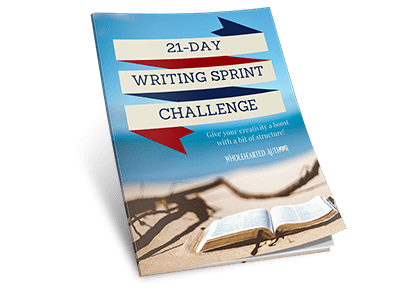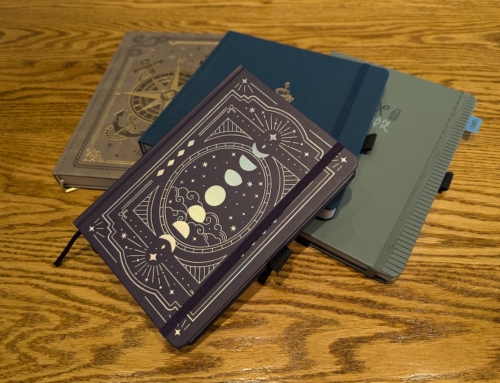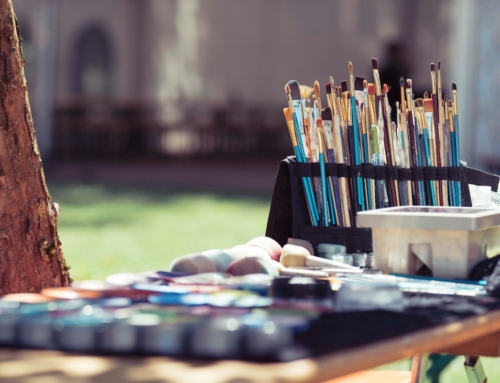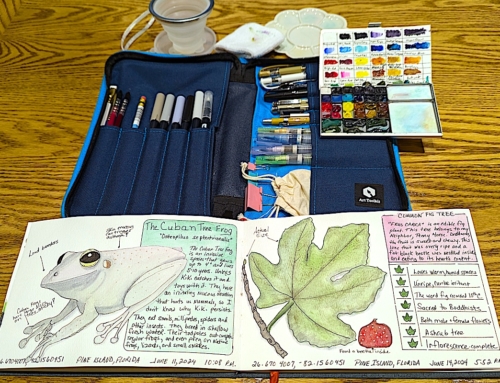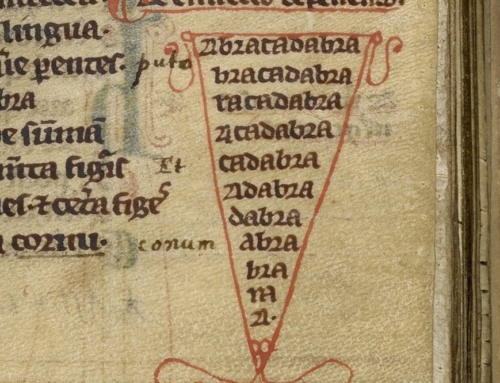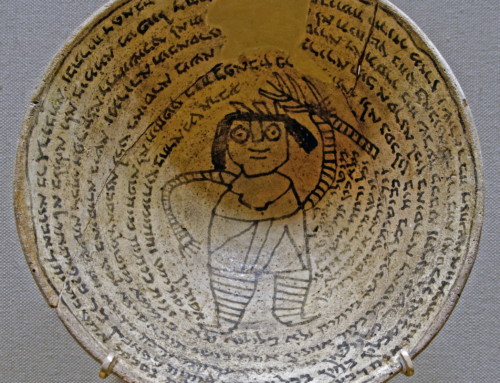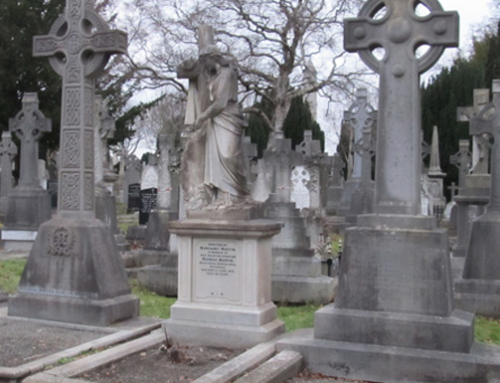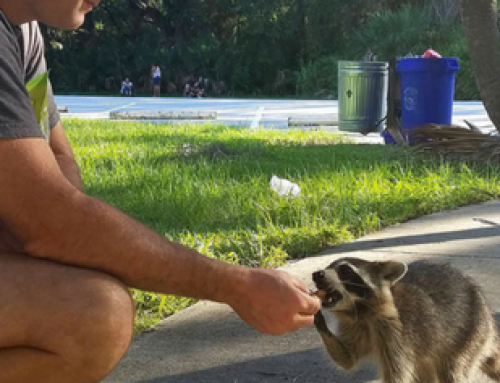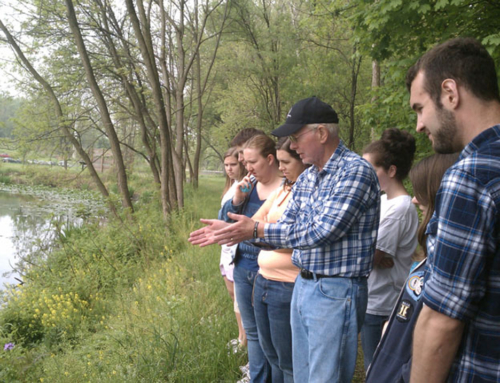Arch in the Park is a hands-on heritage program designed by students for students.
Organized by communication students at Lycoming College, Arch in the Park is an archaeological outreach offered by Muncy Historical Society, Northcentral Chapter 8 and Lycoming College’s archaeology department, under the direction of Robin Van Auken with Hands on Heritage.
Together, the groups are hosting an interactive archaeology demonstration, including hands-on terrestrial and underwater archaeological activities, to promote learning from 1-3 p.m. Sunday, April 24, 2016 at Muncy Heritage Park and Nature Trail, 601 Pepper St.
According to Jenny Reilly, a senior at Lycoming College and the primary organizer of the event, “This is a fun and educational opportunity for people of all ages to learn about archaeology.”
Reilly has a passion for archaeology, and after graduation in May, will attend graduate school for museum studies. She has a keen interest in preservation and digital archaeology, spurred by the destruction of antiquities in the Middle East.
Arch in the Park is the kick-off event of a series of unique, educational activities planned by Lycoming College students at the Muncy Heritage Park. These events include a Birds and Bugs Hike, a Fishing Derby and the popular star-gazing event, Under the Night Sky.
Hands-on activities for Arch in the Park will be taught by Lycoming College underwater archaeology students, who will show attendees how to record artifacts with a grid, handle lines and tie knots, and demonstrate scuba gear and tools they use when researching nautical sites.
Assisting Lycoming College with a hands-on excavation are the members of the local archaeology chapter, Northcentral Chapter 8, Society for Pennsylvania Archaeology.
The group is active locally and excavate during the spring and summer at the Glunk Site in Montoursville. The group will display prehistoric Indian artifacts at the event.
About Muncy Historical Society
Muncy Historical Society and Museum of History, a not-for-profit, all volunteer organization founded in 1936, focuses on preservation and conservation of the rich history and heritage of Muncy and surrounding communities—its people, businesses, education, arts, traditions and folklore—by sponsoring educational programs and activities, through research and publication of our history, and interpretation of the museum’s collection for the community, including schools, colleges, community groups and professional historians.
About Lycoming College
The mission of Lycoming College is to provide a distinguished baccalaureate education in the liberal arts and sciences within a coeducational, supportive, residential setting.
Lycoming College is committed to the principle that a liberal arts education provides an excellent foundation for an informed and productive life. Consequently, the Baccalaureate degree (Bachelor of Arts or Bachelor of Science) is conferred upon the student who has completed an educational program incorporating the two principles of a liberal arts education known as distribution and concentration. The objective of the distribution principle is to ensure that the student achieves intellectual breadth through the study of the arts, humanities, mathematics, natural and social sciences and modern or ancient languages and their literatures. The objective of the concentration principle is to provide depth of learning through completion of a program of study in a given discipline or subject area known as the major. The effect of both principles is to impart knowledge, inspire inquiry and encourage creative thought.
Lycoming College promotes individual growth and community development through a combination of academic and co-curricular programs in a supportive residential environment that seeks to foster self-awareness, model social responsibility and provide opportunities to develop leadership skills. Students are encouraged to explore new concepts and perspectives, to cultivate an aesthetic sensibility and to develop communication and critical thinking skills. The college is committed to promoting racial inclusiveness, gender equality and an appreciation of cultural diversity. Through a holistic approach, Lycoming College encourages students to become ethical, informed and engaged individuals.
Ready for a Challenge?
Have even more fun when you accept the 21-Day Writing Sprint Challenge. This process is one I use every semester with my college students, so I know it can kickstart your creativity and introduce structure to your writing schedule. When you join my Circle of Writers & Authors, you’ll receive FREE writing resources, and you’ll sign up for my newsletter. I will not sell your information, or spam you. I will send you updates about new articles and podcasts I’ve created, and projects I’m working on. You can unsubscribe at anytime. Read my Privacy Policy here.
Wholehearted Author is for you if you are …
- Starting out as a writer and could use some guidance
- Wanting to be inspired to create and publish your book
- Looking for like-minded, happy people and helpful mentors
- Hoping to turn your writing into a full-time, awesome career
- New to the concept of “permission marketing” but willing to try
CATCH THE WEST WIND
Add WEST WIND to your library!
If you love a good mystery, a romantic whodunit that will surprise you, then WEST WIND is a great addition to your ebook library.
West Wind is my third novel as an author of Contemporary Fiction, Suspense, Thriller, and Romance. It’s FREE too, when you join my exclusive Readers Group. Join today and download your free book, and as a special thank you, you’ll receive a SECOND FREE BOOK tomorrow! The giving goes on and on when you become my fan.
When you join my Readers Group, you’ll receive updates about new projects I’m working on. You can unsubscribe at anytime. Read my Privacy Policy here.


